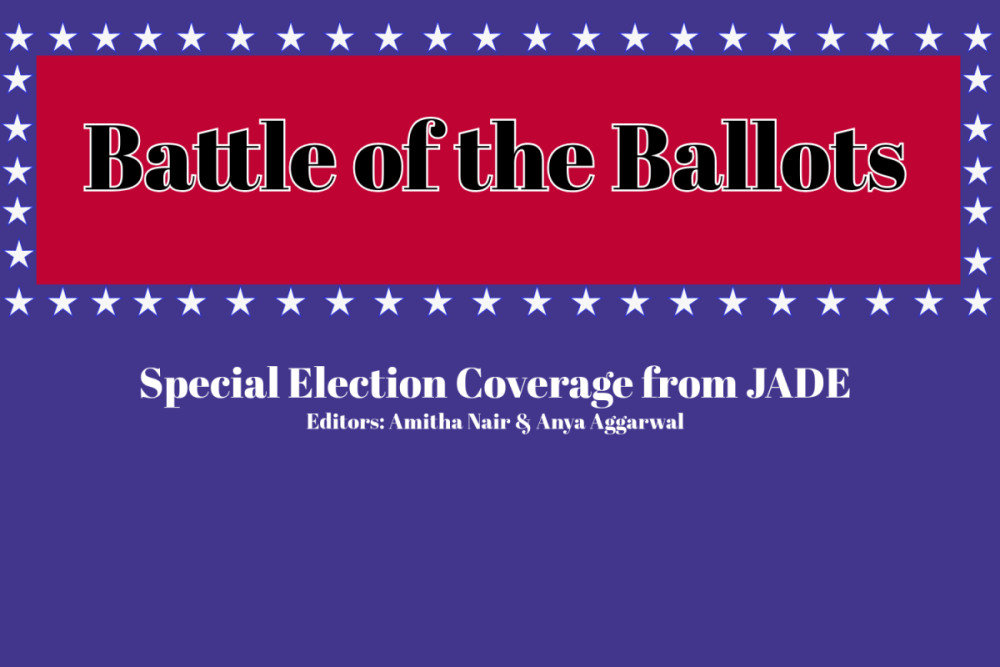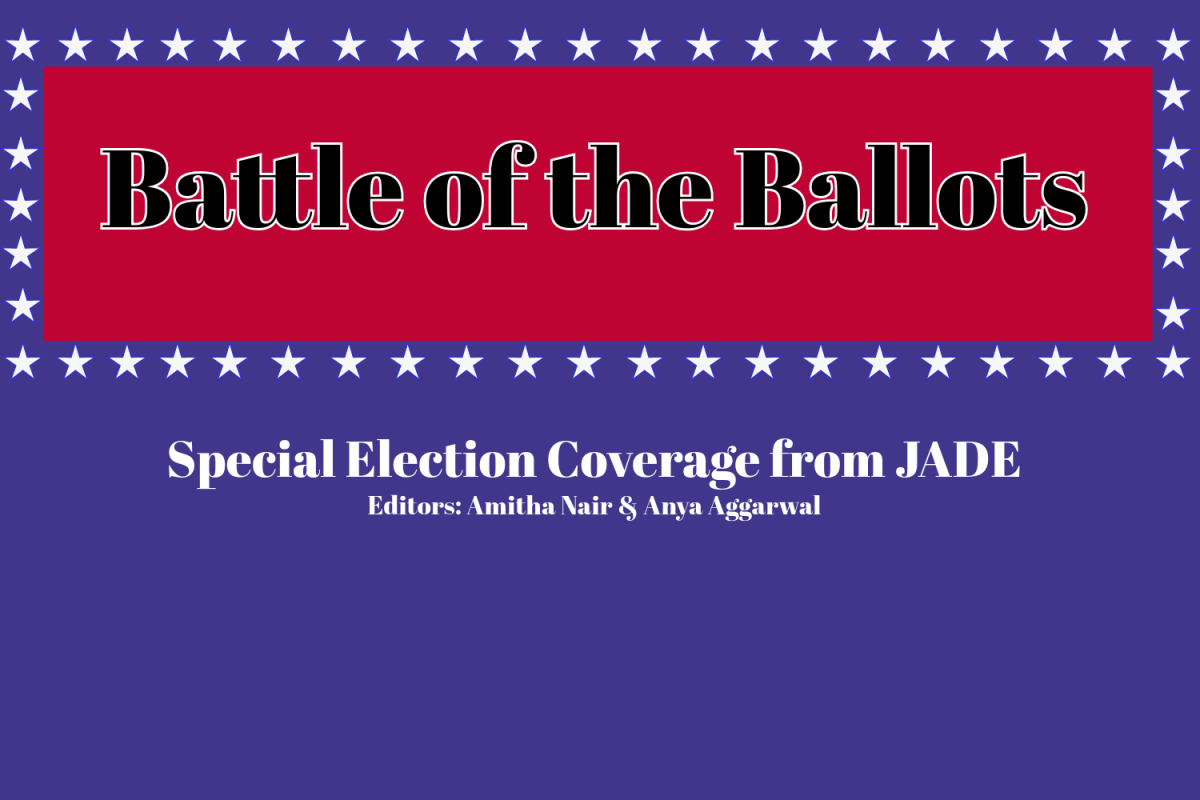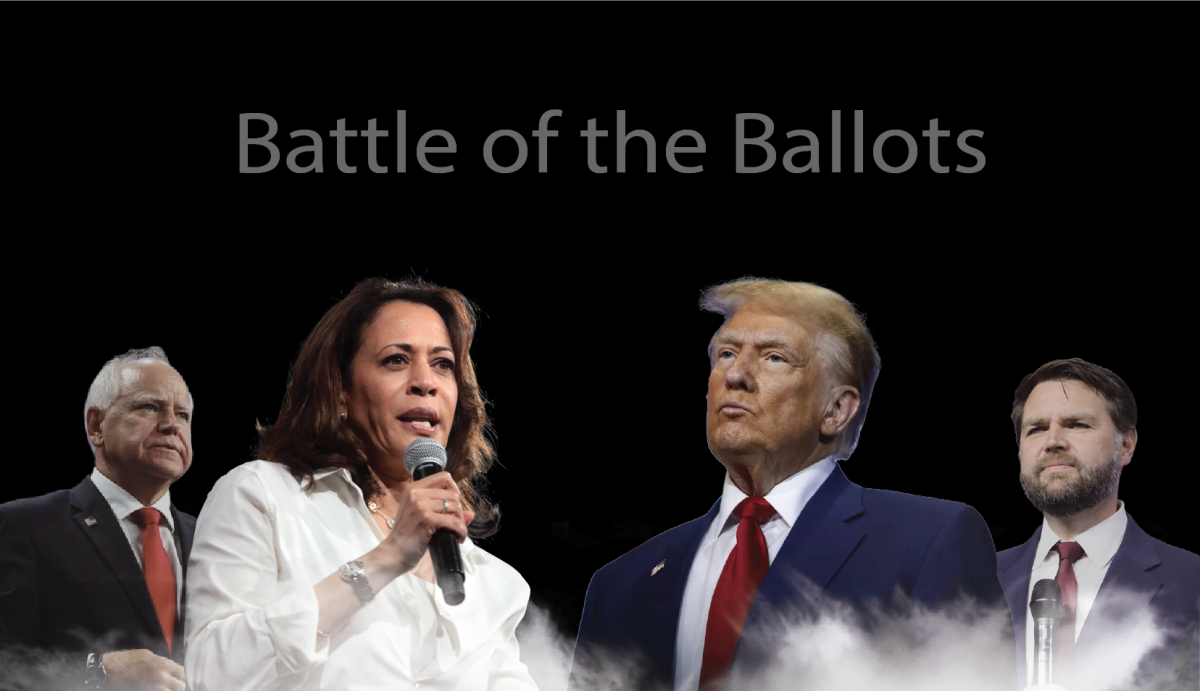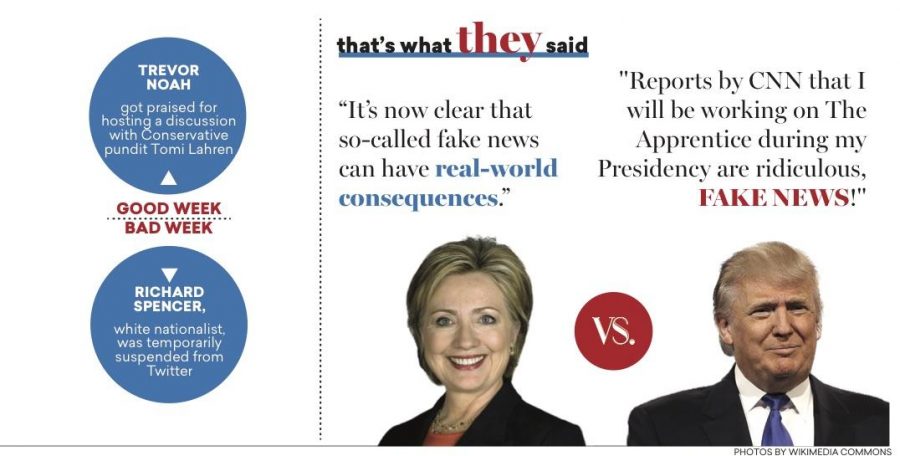
Part 4: Looking at the Role of Women and Latino Voters
As voters across the country prepare to cast their ballot November 5, candidates are fighting to earn their votes, especially the votes of women.
According to Rutger’s Center for American Women and Politics (CAWP), about seven million more women than men were registered to vote in 2022. Women play a crucial role in local and national elections, having higher voter turnout rates than men in both presidential and non-presidential elections.
Director of the Institute for Social Impact Laura Laywell is encouraging eligible students to vote in this upcoming election.
“The opportunity to vote and to be politically engaged is huge,” Laywell said. “At an all-girls school, we want to empower women to live lives of impact, and voting is one way to take action.”
Inside classrooms Upper School students can become civically engaged through Social Impact social studies classes.
“Hockaday has the Social Impact government class that empowers students to be civically active in their communities and to be involved in different types of government,” Laywell said. “Social Impact at Hockaday equips students to understand how to have conversations around political issues or government roles or functions. We help Hockaday students understand what the government does and what different elected officials do.”
Laura Leeman, a candidate for Tarrant County commissioner, hopes her story will inspire other women to make their voices heard. Spurring her candidacy for commissioner, Leeman’s experience as a mother is the driving force in her campaign.
“Like most mothers, I am motivated by my children,” Leeman said. “I want my son to grow up in a world that embraces acceptance, where our communities are safe, voter access is protected and respect is the norm.”
Hoping to advocate for women in Tarrant County, Leeman believes that women play a critical role as a voting block in the upcoming election.
“Women are the bedrock of society and have been for centuries,” Leeman said. “It’s time we take our seat at the table. Women deserve to be heard regardless of what political party we belong to. Women have been putting bread on the table for years. We represent our entire families and are used to multitasking under pressure.”
Along with advocating for women’s role in government, Leeman also aims to mitigate bias against women during her time on the Tarrant Commissioners Court.
“I will not sit down and be quiet to any man or woman when it comes to doing the right thing for the sake of others,” Leeman said.
The perspective of a Latin American history professor
Dr. Aaron Navarro, associate professor of history at Texas Christian University (TCU), teaches classes on Latin American history with a focus on 20th century Mexico.
Navarro became interested in Latin American studies because of his own family history.
“My family is Mexican American, so that has something to do with it,” Navarro said. “My dad was orphaned at a young age, so we never knew the Mexican side of his family, and there were a lot of question marks there for me.”
When Navarro was an undergraduate at The University of Texas at Austin, he discovered their Latin American library which solidified his interest in Latin American history.
“I was interested in history, and I had all of these questions about my family background,” Navarro said. “[Visiting the library] decided it for me that I was going to study Mexico.”
When thinking about the upcoming election, Navarro believes that LatinX voters should be considered the same as any other voter. He also believes that socioeconomic status matters more than ethnic identity for voting behavior.
“I think [political campaigns] affect LatinX voters the same way they do for any other group,” Navarro said. “The kind of platform items or programs that candidates have either appeal or do not appeal to those voters.”
Navarro also emphasizes the importance of understanding that there is so much diversity within the LatinX group that it would be difficult to find one way to appeal to the entire group.
“These groups are so diverse within themselves that the idea of a campaign having a plank in the platform for Latinos is hard to understand,” Navarro said. “There are 36 million Latino voters eligible to vote in this election cycle, so there is a multiplicity of views.”
He also considers how many different types of people the terms Latino or LatinX encapsulate.
“A Latino or LatinX voter could be a Chilean couple that just got their citizenship yesterday or a New Mexico family who gained citizenship in 1848 after the Mexican American war,” Navarro said. “Those are counted exactly the same and they are both in the same group as Latino voters, and they have really different kinds of interests.”
Navarro also underlines the inherent difficulty of trying to appeal to one group as a whole.
“The fact that two people are Latino doesn’t mean that they are going to vote the same,” Navarro said. “I think that’s part of the challenge candidates have, especially in national elections, to try to figure out what a Latino voter wants, which depends on what state or community you’re in.”
Reflecting on the importance of voting to the LatinX community, Navarro shared an old saying among Mexican American activists.
“The saying goes ‘tu voto es tu voz’ – your vote is your voice – and that was a big rallying cry for the Chicano movement in the sixties,” Navarro said. “I think that’s the main issue is that this is your chance to make your mark as citizens in this country choose our leaders.”
The perspectives of the LHSU president and vice president
Senior Gabby Gaona and junior Nadia Guevara are the current Latin and Hispanic Student Union (LHSU) President and Vice President, respectively.
Gaona has noticed how presidential candidates try to attract voters from certain demographics by focusing on common issues or concerns within the community.
“Tailoring speeches or policies towards common concerns associated with Latinos such as immigration, diversity, fair wage and border control, I feel like are definitely used,” Gaona said. “It’s to console people or make them feel connected or that their needs are met by that candidate.”
Pop culture and politics sometimes crossover, but especially during election season. In September, Nicky Jam, a popular Latinx pop artist endorsed presidential candidate Donald Trump and then recently retracted his endorsement.
“That’s definitely one way of appealing to certain groups, by getting cultural icons from the community to back their political campaign,” Gaona said. “I think both [presidential candidates] have different ways of approaching how they’re reaching out to the Latino demographic.”
This year, Gaona and Guevara plan to host panels about politics and policies and how they affect the LatinX community across the nation.
“We can’t just pretend everything is all sunshine and rainbows and pretend that these issues don’t exist and that they’re not affecting our members,” Gaona said. “I think approaching it from a facilitated discussion and having that space is really important.”
The panels will incorporate techniques learned during the recent CloseUp training.
“I think something important is to write down what we hear from people just so people feel like what they’re saying, or the conversation is productive and proactive,” Guevara said.
According to the Texas Tribune, 40.2 percent of Texans identify as Latino or Hispanic.
“There are a lot of us, and our voice counts, and it needs to be heard,” Gaona said. “It’s very important to the community that we vote, that we make sure that our views are being expressed, that our wants, our needs, our goals are being met and are being listened to.”







